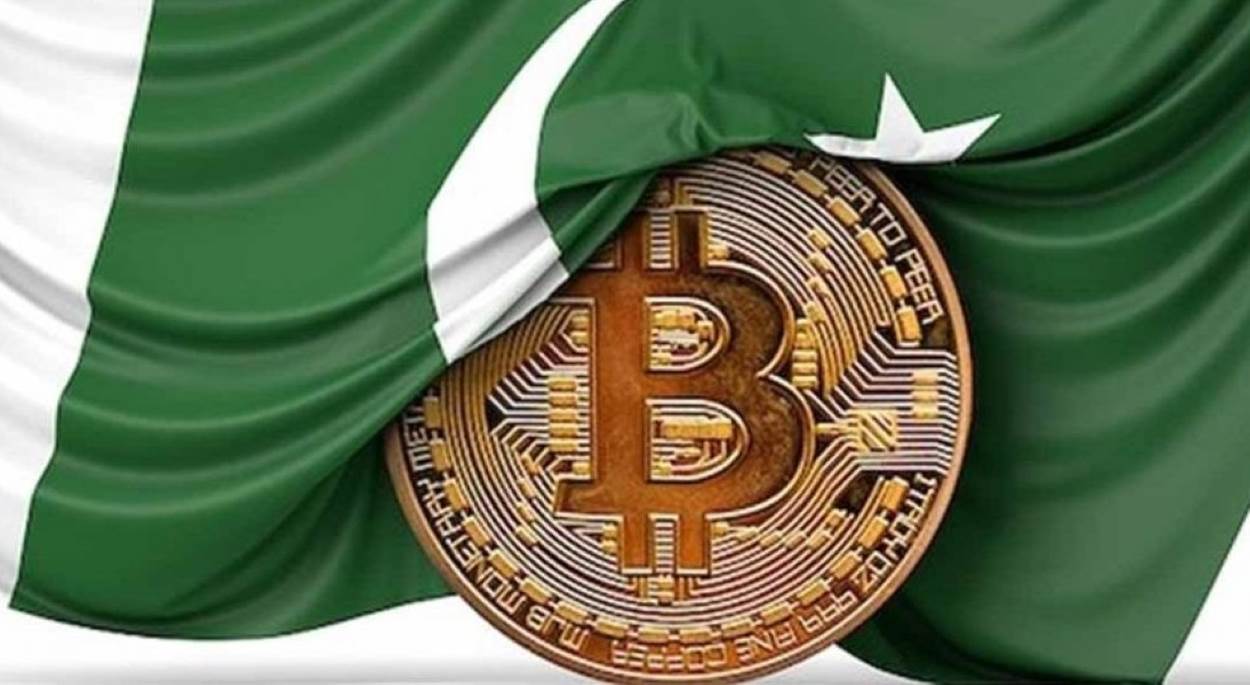Pakistan’s Ministry of Finance announced the establishment of the Pakistan Digital Assets Authority (PDAA), a landmark initiative to regulate digital assets and drive the growth of the country’s virtual asset economy. The PDAA aims to foster innovation, ensure compliance with global financial standards, and position Pakistan as a leader in the digital economy.
The PDAA will serve as a dedicated regulatory body overseeing the digital asset ecosystem, including exchanges, custodians, wallets, tokenized platforms, stablecoins, and decentralized finance (DeFi) applications. Its mandate includes licensing, compliance, and promoting innovation while adhering to Financial Action Task Force (FATF) guidelines. The authority will regulate Pakistan’s estimated $25 billion informal crypto market, providing legal clarity for local and global investors.
Finance Minister Muhammad Aurangzeb, Chairman of the Pakistan Crypto Council (PCC), emphasized the PDAA’s forward-thinking approach. “Pakistan must regulate not just to catch up but to lead. The PDAA creates a future-ready framework that protects consumers and invites global investment,” he said.
PDAA’s Strategic Goals and Economic Impact
The PDAA aligns Pakistan with leading digital asset regulators in the UAE, Japan, Singapore, and Hong Kong. Key objectives include:
- Enabling the tokenisation of national assets and government debt.
- Facilitating regulated Bitcoin mining to monetise surplus electricity.
- Empowering youth and startups to develop blockchain-based solutions.
- Enhancing economic inclusion and creating new export channels through digital finance and Web3 innovation.
“This is about rewriting our financial future and expanding access,” said Bilal Bin Saqib, CEO of the Pakistan Crypto Council, highlighting the PDAA’s role in building trust with investors and entrepreneurs.
By establishing the PDAA, Pakistan signals its ambition to become a competitive player in the global digital economy. The authority’s agile framework is designed to attract responsible innovation while ensuring compliance with international financial norms. This move will boost investor confidence, support startup growth, and integrate Pakistan into the global blockchain ecosystem.
The PDAA represents a pivotal step toward modernising Pakistan’s financial infrastructure. As the authority begins its work, it will be crucial in shaping the country’s digital asset landscape, driving economic growth, and fostering innovation.






